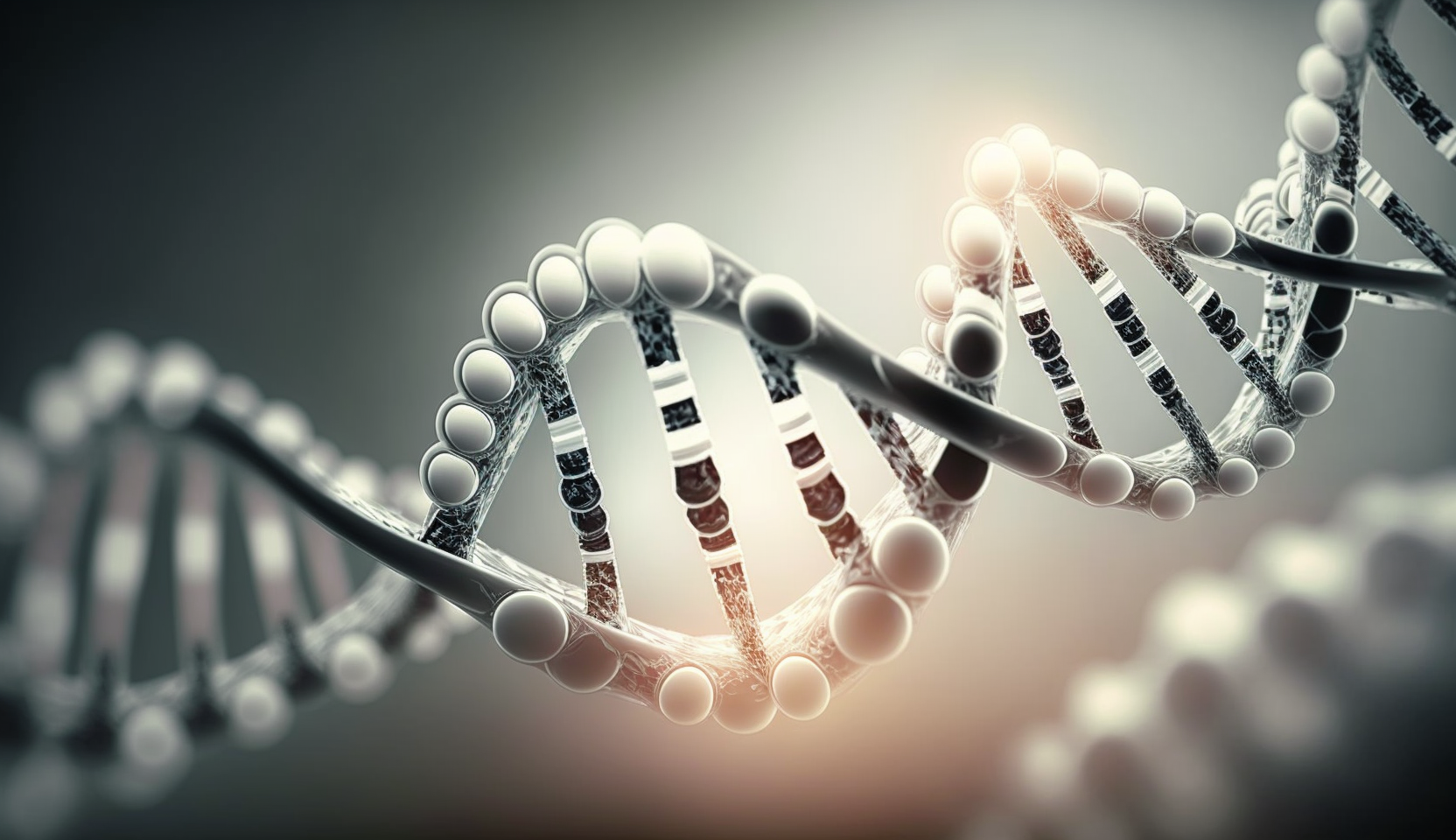Gene therapy to extend estrogen’s protective effects on memory
The hormone estrogen helps protect memory and promote a healthy brain, but this effect wanes as women age, and even estrogen replacement therapy stops working in humans after age 65. Now researchers at University of Florida ealth have used gene therapy in a rat model to show that the expression of a particular receptor can reinstate lost memory function.
The scientists, including Thomas C. Foster, Ph.D., a professor of neuroscience and the Evelyn F. McKnight chair for research on cognitive aging, and Linda A. Bean, Ph.D., report their findings in the current edition of The Journal of Neuroscience.
“There is a window of time, starting around menopause, when initiation of hormone replacement therapy with estrogen protects the brain against injury and Alzheimer’s disease. However, this window seems to end around age 65,” Foster said. “We wanted to find out what is regulating this window.”
The researchers used gene therapy to overexpress two different estrogen receptors found in the hippocampus, a part of the brain essential to memory regulation. They found that an abundance of one of these receptors, called alpha, reinstated memory in aging rats when paired with estrogen.
Estrogen helps to do this by increasing the brain’s “plasticity,” which is the ability to form and maintain connections between brain cells as things are learned. As plasticity declines, so do the number of connections in the brain, and certain types of memories begin to fade. Without the protective effect of estrogen, women may lose brain plasticity and start forgetting things more often. The loss of estrogen’s protective effects may explain why women are more likely than men to develop dysfunctional memory problems such as Alzheimer’s disease.
The researchers looked at the effects on memory in six groups, which received gene therapy for expression of the alpha receptor, the beta receptor or a control gene. The three different gene therapy groups then received estrogen or a placebo for the next several weeks, until memory testing and examination of brain plasticity. The project involved 72 animals. Only the group with gene therapy for the alpha receptor plus estrogen showed any beneficial effects on memory and increased brain plasticity markers.
“In the short term, this finding helps us understand how estrogen rescues memory and keeps the brain young and plastic,” Foster said. “In the long term, this finding may eventually allow us to bypass estrogen and target the receptor or brain plasticity mechanisms directly.”
Next steps will include examining the alpha receptor more closely.
“Now that we know this has an effect, we can look for potential ways to treat cognition without hormone replacement,” Foster said.
See the theme worlds for related content
Topic world Gene therapy
Genetic diseases once considered untreatable are now at the center of innovative therapeutic approaches. Research and development of gene therapies in biotech and pharma aim to directly correct or replace defective or missing genes to combat disease at the molecular level. This revolutionary approach promises not only to treat symptoms, but to eliminate the cause of the disease itself.

Topic world Gene therapy
Genetic diseases once considered untreatable are now at the center of innovative therapeutic approaches. Research and development of gene therapies in biotech and pharma aim to directly correct or replace defective or missing genes to combat disease at the molecular level. This revolutionary approach promises not only to treat symptoms, but to eliminate the cause of the disease itself.




















































